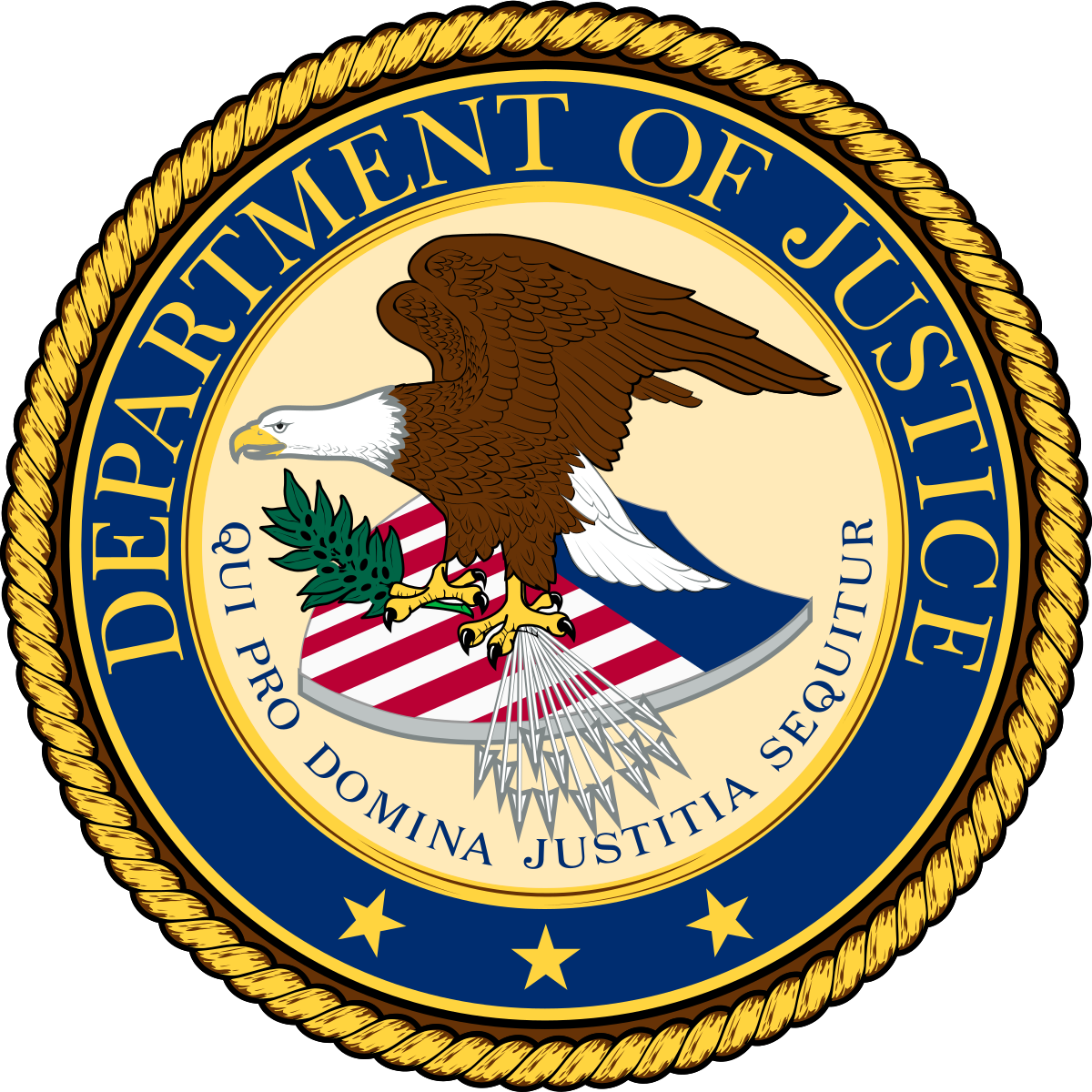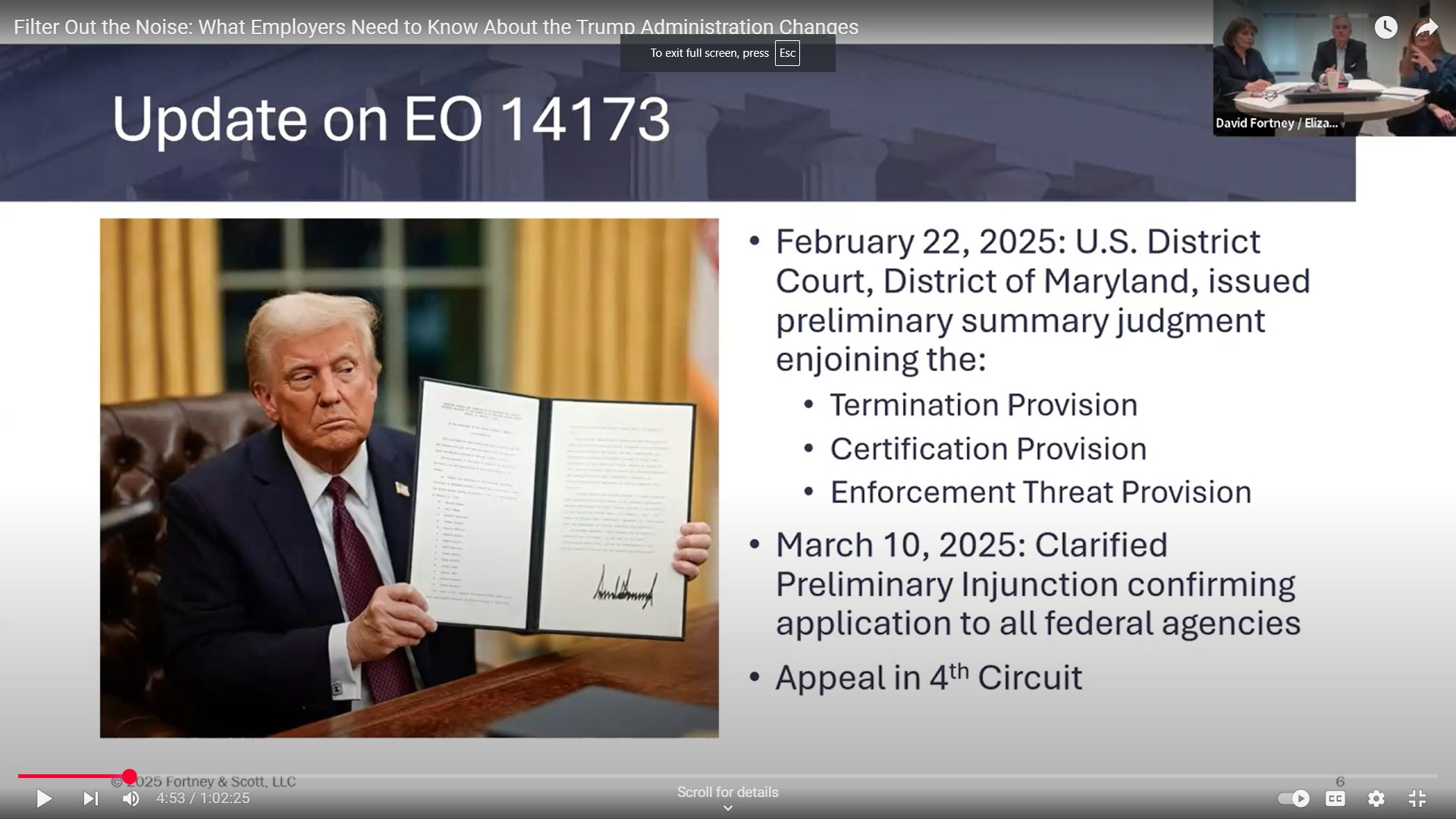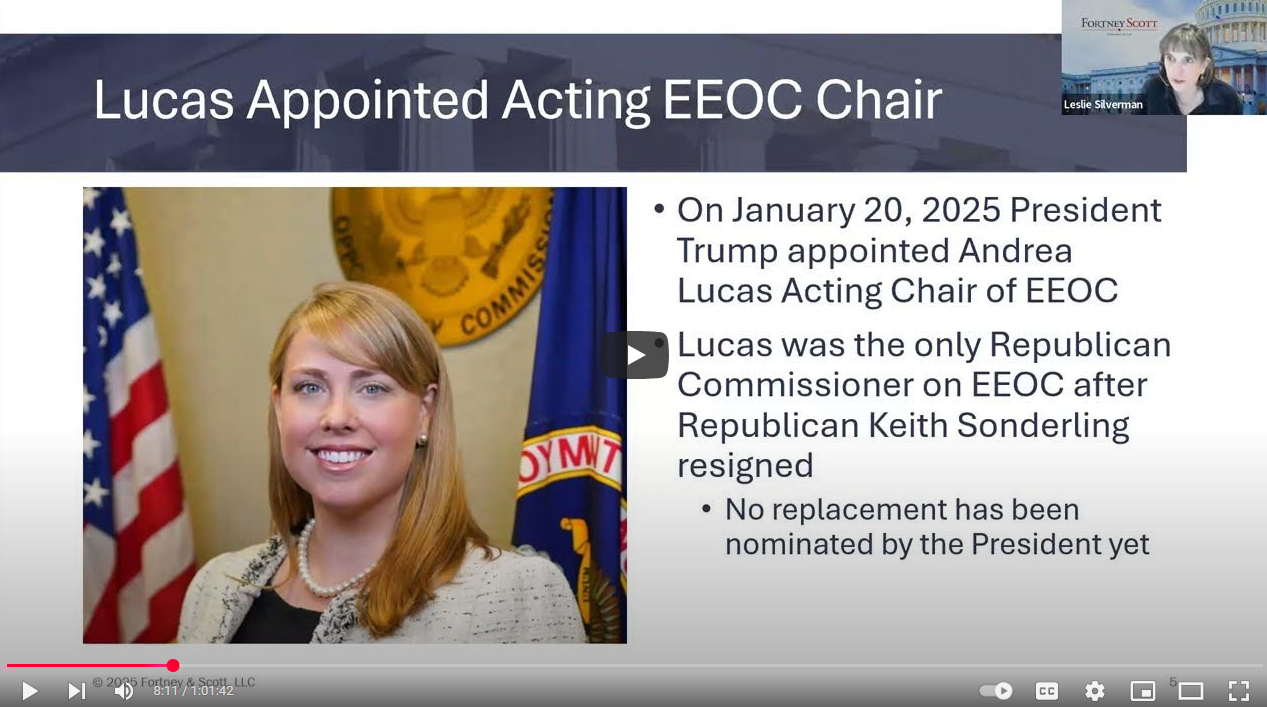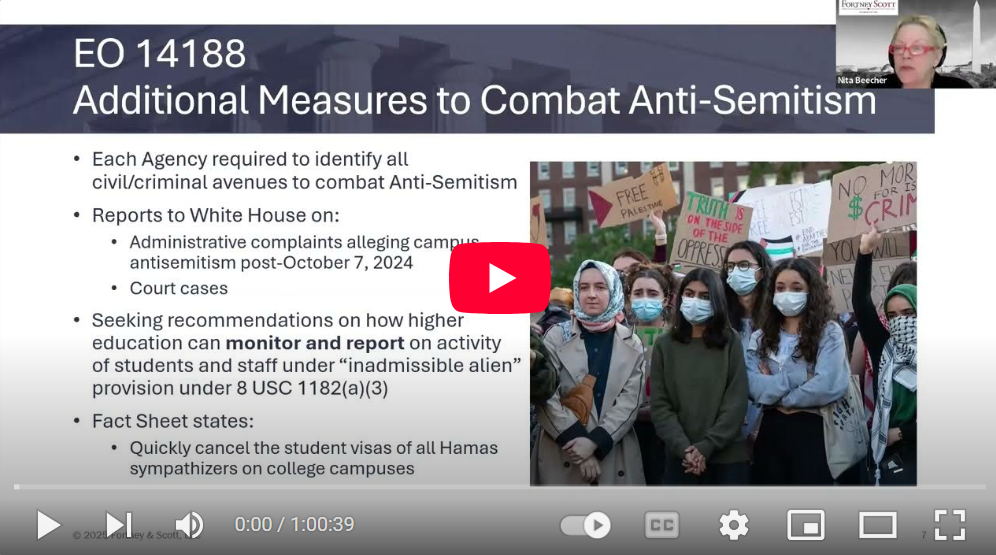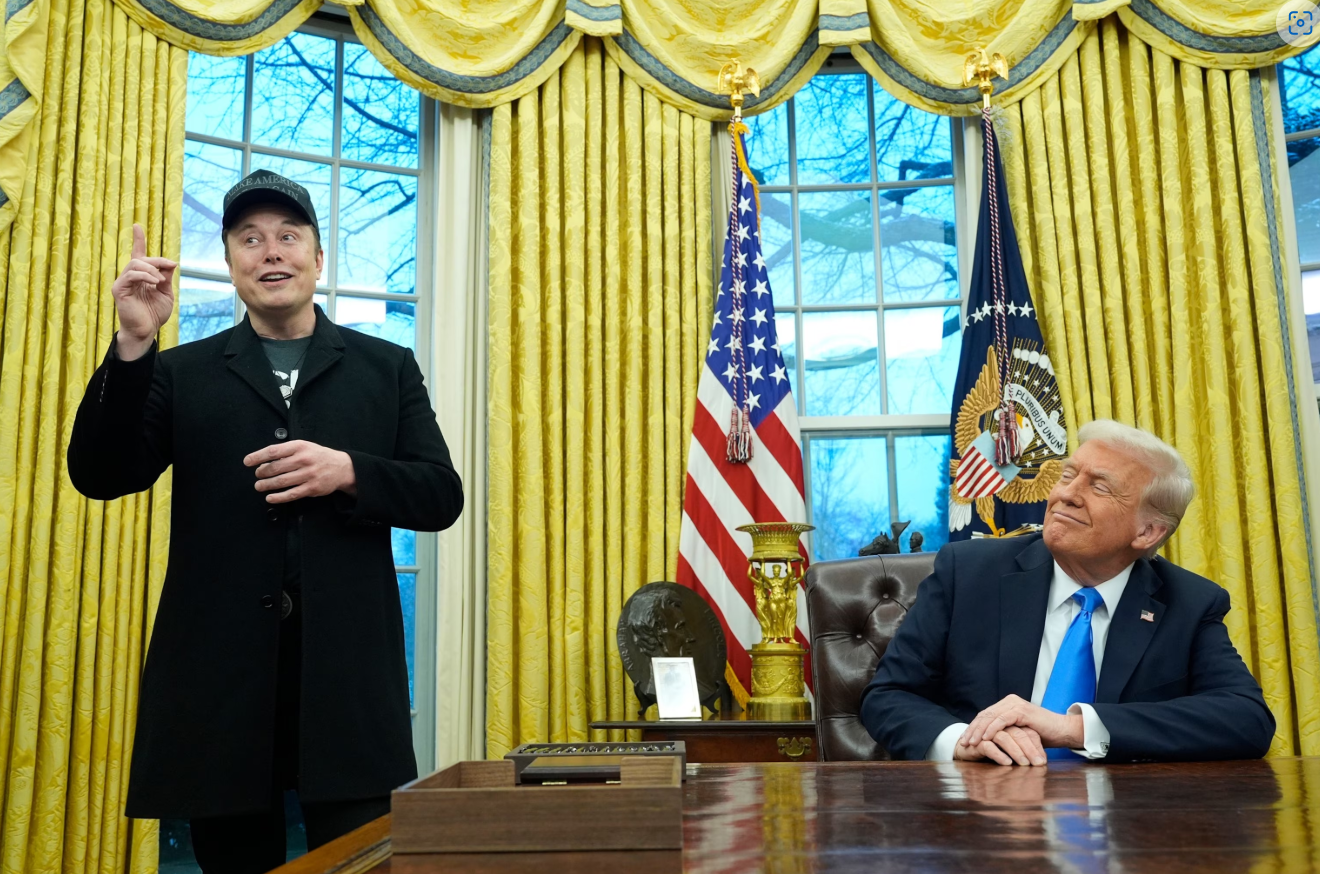OFCCP Issues New Compensation, Recognition and Certification Directives
On August 24, 2018, OFCCP issued three new Directives, the most important of which rescinded the Obama Administration’s Directive 307, “Procedures for Reviewing Contractor Compensation Systems and Practices.” The agency also issued Directives creating a program to certify that contractors have prepared an Affirmative Action Plan (AAP) and are in compliance with federal affirmative action program requirements, and an initiative establishing a recognition program for contractors with high-quality and high-performing compliance programs and initiatives.
According to the agency, these Directives are part of the Department’s efforts to maximize the effectiveness of compliance assistance outreach.
- Clear Guidance for Contractor Compensation Practices : The new Compensation Directive , Directive 2018-05, rescinds Directive 307 (which had been renamed as 2013-03). Principally, the agency’s compensation analysis will now “mirror a contractor’s compensation system” when the contractor provides sufficient information. The Directive provides transparency to contractors on OFCCP’s approach to conducting compensation evaluations by further outlining the agency’s practices and approaches to similarly-situated employees, creating pay analysis groups, conducting statistical analysis and modeling, and other analytical matters relevant to conducting sound, compensation compliance evaluations and contractors’ self-audits. The Directive also emphasizes that where OFCCP “believes there are indicators of disparate impact in compensation, it will work collaboratively with the contractor to understand any defense that a policy or practice that caused the disparate impact is job-related and consistent with business necessity, and will fully consider supporting evidence the contractor provides.” The Directive takes effect for “all reviews scheduled on or after August 24, 2018 and they apply to open reviews to the extent they do not conflict with OFCCP guidance or procedures existing prior to the effective date.” Directive 2018-05 specifically outlines when information provided to OFCCP will be released as there have been some unauthorized releases of information about ongoing audits. Specifically, Paragraph 8 states “OFCCP does not release data obtained during the course of a compliance evaluation until the investigation and all subsequent proceedings, if any, are complete.”
- Affirmative Action Program Verification Initiative : Directive 2018-07 implements a verification process with the objective of ensuring that all covered federal contractors are meeting the most basic equal employment opportunity (EEO) regulatory requirement, namely, the preparation of a written AAP and annual updates to that program.
- Contractor Recognition Programs : Directive 2018-06 is re-establishing its contractor recognition program that will now include awards that highlight implementable best or model contractor practices, a contractor mentoring program that uses contractors to help their peers improve compliance, and other initiatives that provide opportunities for contractors to collaborate or provide feedback to OFCCP on its compliance assistance efforts.
The team at FortneyScott is reviewing these Directives in detail and determining what impact these new policies will have on federal contractor compliance and, more importantly, what next steps contractors should take to ensure compliance with the three new directives. Please contact your FortneyScott attorney or send an email to info@fortneyscott.com for more information.
